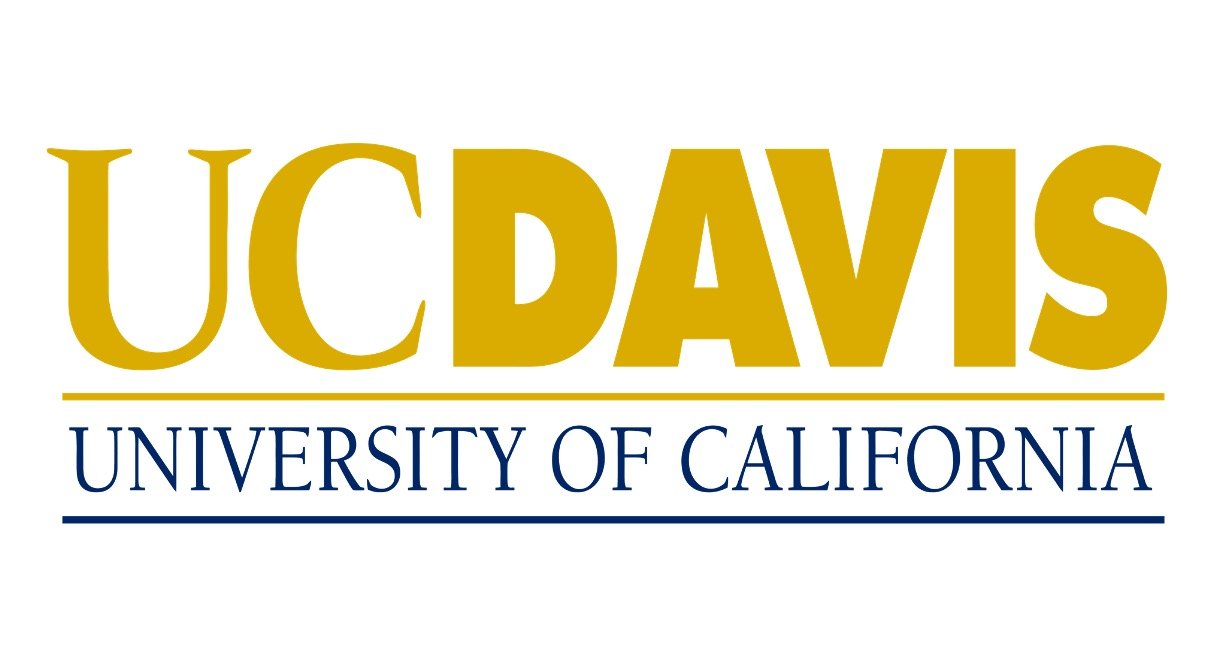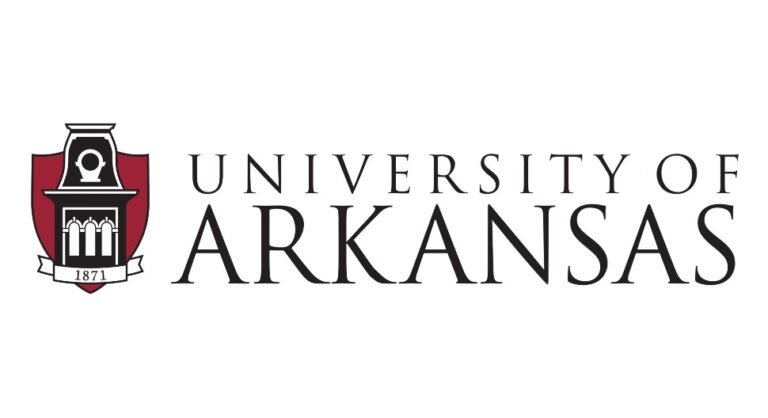Research in the lab focuses on understanding the neural mechanisms that support and enable speech and developing neural speech protheses to restore neurological function. We work with invasive human neural recordings from a range of functional surgery patients (e.g. epilepsy, DBS, tumors) both in the monitoring unit using SEEG and ECoG and in the operating room where we use high density/high channel-count micro-ECoG arrays (up to 1000 channels, ~ 1 mm spacing) in collaboration with other labs.
The specific project that the postdoctoral associate will work on will depend on candidate interest and specific areas of expertise. Their duties will include but are not limited to: aiding in experimental design, aiding in data collection, performing neural data analysis, aiding in developing/maintaining data analysis code, writing scientific manuscripts for first authored publications, and helping to mentor graduate, staff, and undergraduate members of the lab.
The ideal candidate will have a PhD in Neuroscience, Engineering, Computer Science, Psychology, or a related field. A strong track record of related research publications is required. Proficiency in Python and/or Matlab and experience with electrophysiological signal analysis is advantageous, as is a strong computational background.
Duke University is an excellent and highly interdisciplinary place for research. Collaborators span multiple departments/institutes including Biomedical Engineering, the Duke Institute for Brain Sciences, the Center for Cognitive Neuroscience, Psychology and Neuroscience Department, and the Department of Neurosurgery.







